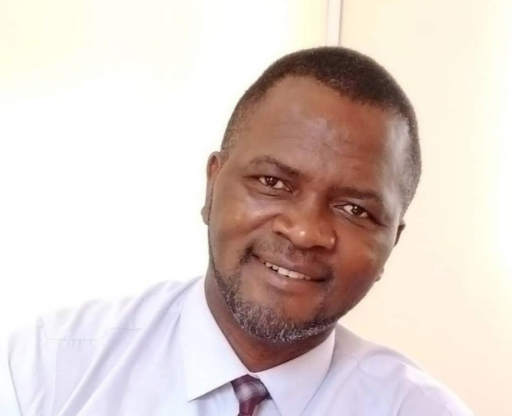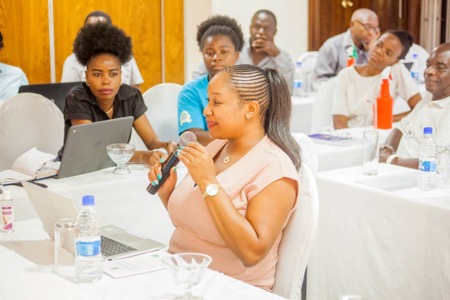
Jeff Kabondo
Building the capacities on infrastructure monitoring
CoST Malawi also organizes trainings of CSOs in the country to monitor infrastructure deals and hold officials accountable. This project demonstrates the added value of civil society actors in efforts to enhance transparency and combat corruption. CSOs were trained alongside engineers, journalists, and other experts to understand how the government undertakes procurement in building, works, services, and even, goods.
The array of stakeholders can understand what type of information they can use to bring to light infrastructure practices and potential risk areas. CoST Malawi conducted two series of trainings: three on advocacy using open data, one in each of the 3 regions of Malawi. Another series of trainings was on Public Procurement, targeting selected CSOs in each of the regions in the country. More than 140 representatives of CSOs and procuring entities have already been trained.
“The volunteers are very enthusiastic about the initiative because it remains new,” says Jeff Kabondo. “Open contracts are representing a new concept in the country. In the past, it was not easy to obtain information from the authorities. There has been a big outcry for access to information from CSOs.” The Public Procurement and Disposal of Assets Act was passed in 2017 in part due to the growing public demand for transparency and accountability. “It took a long time for the law to be published and used. So, there were doubts from the public sector and government, but there is now a law that helps various sectors and CSOs engage with public officials, whenever they need information about what the government is doing.”
A practical tool for open source
The Malawi Chapter of CoST has also focused on developing an innovative platform that allow citizens to raise potential concerns and engage with key stakeholders on issues of transparency in public procurement projects. The portal called
Information Platform for Public Infrastructure (IPPI) allows government departments to disclose and upload information on the various infrastructure projects they are undertaking. The public or interested stakeholders can find out what is happening in the project. For example, when it started, when it is expected to end, and how much money has been invested in the project.
They have developed this monitoring tool to identify some issues that need to be addressed to tackle corruption risks within infrastructure projects. An amendment to the Public Procurement Act 2017 requires that the procuring entities by law disclose information, including on the information portal. “We have reviewed the portal, tried to upgrade it, and make it user-friendly for CSOs. We are also looking for journalists and reporters to be able to access the portal, and not have to become engineers but to understand and use it,” - adds Jeff Kabondo.
“It helps because not every journalist knows the subject well. We must support them and promote investigative journalism so they can follow up on stories with the necessary information. People do not change just because there is a new law. The law enforcement, as well as CSOs part of the initiative like us, are still trying to educate the users of the importance of the new law.”

